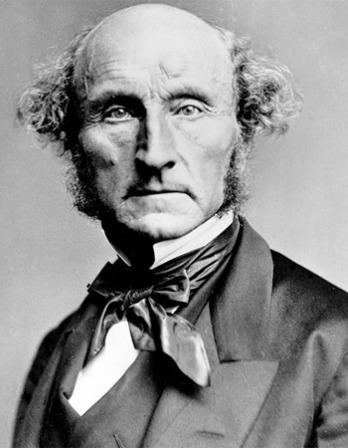The Master said, “At fifteen I set my heart on learning; at thirty I took my stand; at forty I came to be free from doubts; at fifty I understood the decree of heaven; at sixty my ear was attuned; at seventy I followed my heart’s desire without overstepping the line.”
The Master said, “A man is worthy of being a teacher who gets to know what is new by keeping fresh in his mind what he is already familiar with.”
The Master said, “Quietly to store up knowledge in my mind, to learn without flagging, to teach without growing weary, these present me with no difficulties.”
The Master instructs under four heads: culture, moral conduct, doing one’s best, and being trustworthy in what one says.
The Master said, “Men of antiquity studied to improve themselves; men today study to impress others.”
The Master said, “Do I possess knowledge? No, I do not. A rustic put a question to me and my mind was a complete blank. I kept hammering at the two sides of the question until I got everything out of it.”
The Master said, “Grant me a few more years so that I may study at the age of fifty and I shall be free from major errors.”
The Master said, “I was not born with knowledge but, being fond of antiquity, I am quick to seek it.”
The Master said, “There is nothing I can do with a man who is not constantly saying, ‘What am I to do? What am I to do?’”
The Master said, “It is quite a remarkable feat for a group of men who are together all day long merely to indulge themselves in acts of petty cleverness without ever touching on the subject of morality in their conversation!”
The Master said, “I once spent all day thinking without taking food and all night thinking without going to bed, but I found that I gained nothing from it. It would have been better for me to have spent the time in learning.”
Confucius said, “Those who are born with knowledge are the highest. Next come those who attain knowledge through study. Next again come those who turn to study after having been vexed by difficulties. The common people, insofar as they make no effort to study even after having been vexed by difficulties, are the lowest.”
From the Analects. Confucius began teaching the tenets of self-cultivation in his thirties after having served as a granary bookkeeper. He believed that the object of education was the betterment of society, and Confucian ideals of familial piety and honesty served as the basis for Chinese society on and off for more than two millennia.
Back to Issue





